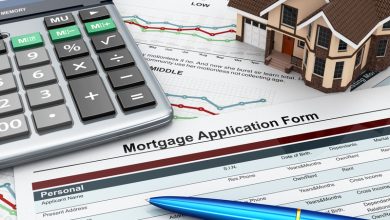How Much can You Expect from a Lender when Acquiring a Mortgage? What to Expect
Having your own piece of property is more feasible nowadays, especially with the better prices of different types of properties and the improved economic climate. But if you are contemplating purchasing property and are thinking of applying for a mortgage, you need to know all that you can about acquiring a mortgage and what exactly it entails – and this includes ascertaining how much the lender will be able to lend you.

The facts
The fact is that all mortgage lenders will resort to an affordability calculator so they will know how much they can feasibly lend. What does this mean, then? Basically, this means that lenders will be gauging and assessing your income as well as your expenses in order to figure out how much you can realistically afford to pay every month for your mortgage.

Normally, the figures will be about three to five times the total income you make. However, you should still keep in mind that the lender will likely assess other factors, such as whether or not you would still be able to repay the mortgage if there is an increase in interest rates.
Talking percentages
When it comes to the actual percentage value of the property you can receive from the lender, the facts are as follows: if you are purchasing a home or piece of property that has been valued at £200000, then you can expect around £180000 to be shouldered by the mortgage (which also means that you have to come up with the £20000 deposit yourself). The percentage or amount of the property’s value that the lender can lend you is referred to as the LTV, or loan to value. In the case mentioned above, your loan to value will then be 90%.
A good number of mortgage deals will allow you to borrow up to 90% LTV, but a 75% LTV is more common – and if you have a lower LTV, you will be able to take advantage of a lower rate of mortgage and a better deal overall. So this is where the importance of a good deposit comes in.
The amount of deposit you have makes a difference
Additionally, if you have a deposit of less than or equal to 25% of the property’s value, you may also be charged a HLC, or higher lending charge. This type of charge is often used by lenders in order to purchase insurance so they can protect themselves against the borrower defaulting on their mortgage repayments. The good news, though, is that most mortgage lenders no longer have this charge, but you still have to confirm it with your mortgage lender.
When it comes to mortgages, development financing, and other premium services, www.seacco.co.uk has years of experience and expertise – contact them today to know your options.




